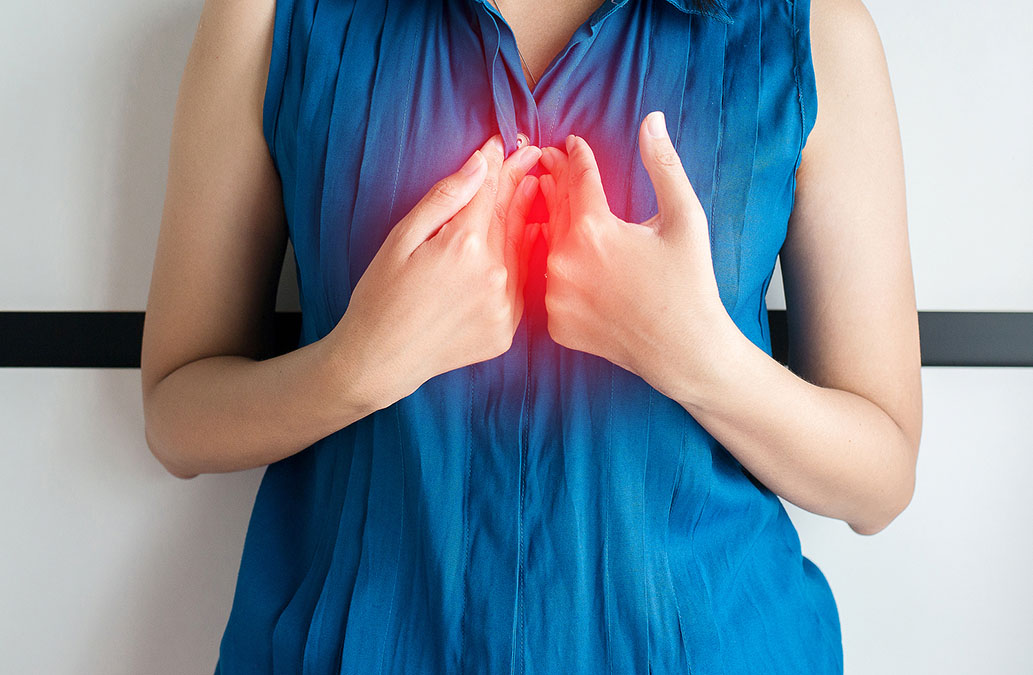 Burn it, melt it, or shed it away.
Burn it, melt it, or shed it away.
One acid reflux cause rules all others.
Carrying this cause increases your risk of acid reflux by 22.63% – burn, melt or shed it and… you do the math.
This is according to a new study published in MedEspera.
The main goal of the study was to find out whether being overweight or obese worsened GERD. The researchers also wanted to uncover how exactly obesity contributes to more severe GERD symptoms and how this impacts people’s lives from day to day.
To investigate, they looked at research published between 2020 and 2023 in some of the largest medical journal databases. They focused on articles that explored the relationship between GERD, obesity, and quality of life.
They also analyzed 100 SF-36 questionnaires, which measure different aspects of health and well-being, like physical functioning, pain, vitality, and social and mental health.
The scientists found what they thought they might, that a higher body mass index (BMI) increases the likelihood of developing GERD and makes symptoms more intense.
Most importantly, GERD was least common in people with a BMI of 18.5, affecting about 6.64% of these participants.
On the other hand, people with a BMI of 30 or higher were much more likely to have GERD, with a whopping 22.63% dealing with the condition.
There are a few reasons why obesity worsens GERD.
-
1. Extra weight, especially around the abdomen, puts more pressure on the stomach. This pressure makes it more likely for stomach acid to push up into the esophagus.
2. Normally, the lower esophageal sphincter acts like a door, opening for food to go downward but otherwise staying closed to keep stomach acid down where it belongs. In people with obesity, this “door” can become weak or relax too often, allowing acid to escape.
If you’re overweight, I’m sure you have tried to lose weight… it’s difficult. Or you’re slim and still suffer acid reflux – either way, what should you do?

 Overcoming IBD
Overcoming IBD Multiple Sclerosis
Multiple Sclerosis Banishing Bronchitis
Banishing Bronchitis Gum Disease Gone
Gum Disease Gone Overcoming Onychomycosis
Overcoming Onychomycosis Neuropathy No More
Neuropathy No More The Prostate Protocol
The Prostate Protocol Brain Booster
Brain Booster
 Ironbound
Ironbound
 Solution for Shingles
Solution for Shingles
 The Bone Density Solution
The Bone Density Solution
 The Ultimate Healing Protocol
The Ultimate Healing Protocol
 The Parkinson's Protocol
The Parkinson's Protocol
 The Chronic Kidney Disease Solution
The Chronic Kidney Disease Solution
 Overthrowing Anxiety
Overthrowing Anxiety The Fatty Liver Solution
The Fatty Liver Solution The Hypothyroidism Solution
The Hypothyroidism Solution
 The End of Gout
The End of Gout The Blood Pressure Program
The Blood Pressure Program
 The Oxigized Cholesterol Strategy
The Oxigized Cholesterol Strategy
 Stop Snoring And Sleep Apnea Program
Stop Snoring And Sleep Apnea Program
 The Arthritis Strategy
The Arthritis Strategy The Vertigo & Dizziness Program
The Vertigo & Dizziness Program The 3-Step Diabetes Strategy
The 3-Step Diabetes Strategy Hemorrhoids Healing Protocol
Hemorrhoids Healing Protocol The Erectile Dysfunction Master
The Erectile Dysfunction Master Weight Loss Breeze
Weight Loss Breeze The IBS Program
The IBS Program The Insomnia Program
The Insomnia Program The Migraine and Headache Program
The Migraine and Headache Program The Neck Pain Solution
The Neck Pain Solution The Menopause Solution
The Menopause Solution The Ejaculation Master
The Ejaculation Master The TMJ Solution
The TMJ Solution The Acid Reflux Solution
The Acid Reflux Solution The Fibromyalgia Solution
The Fibromyalgia Solution The Psoriasis Strategy
The Psoriasis Strategy